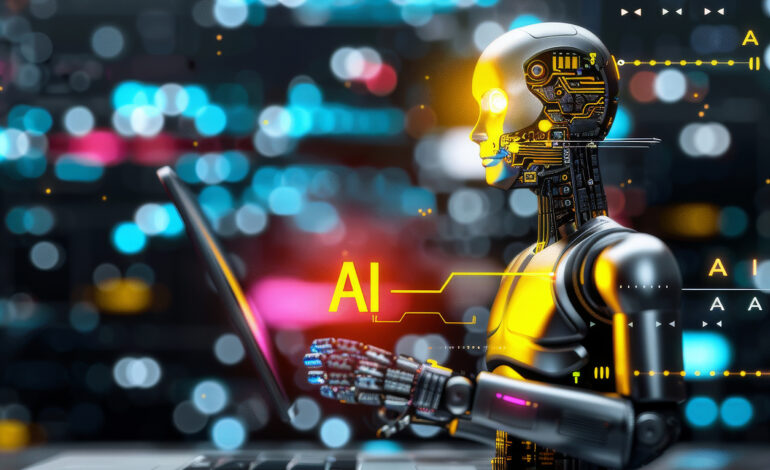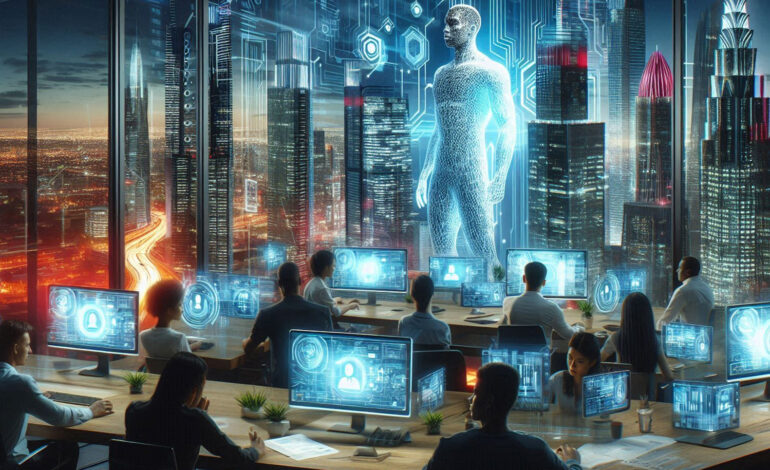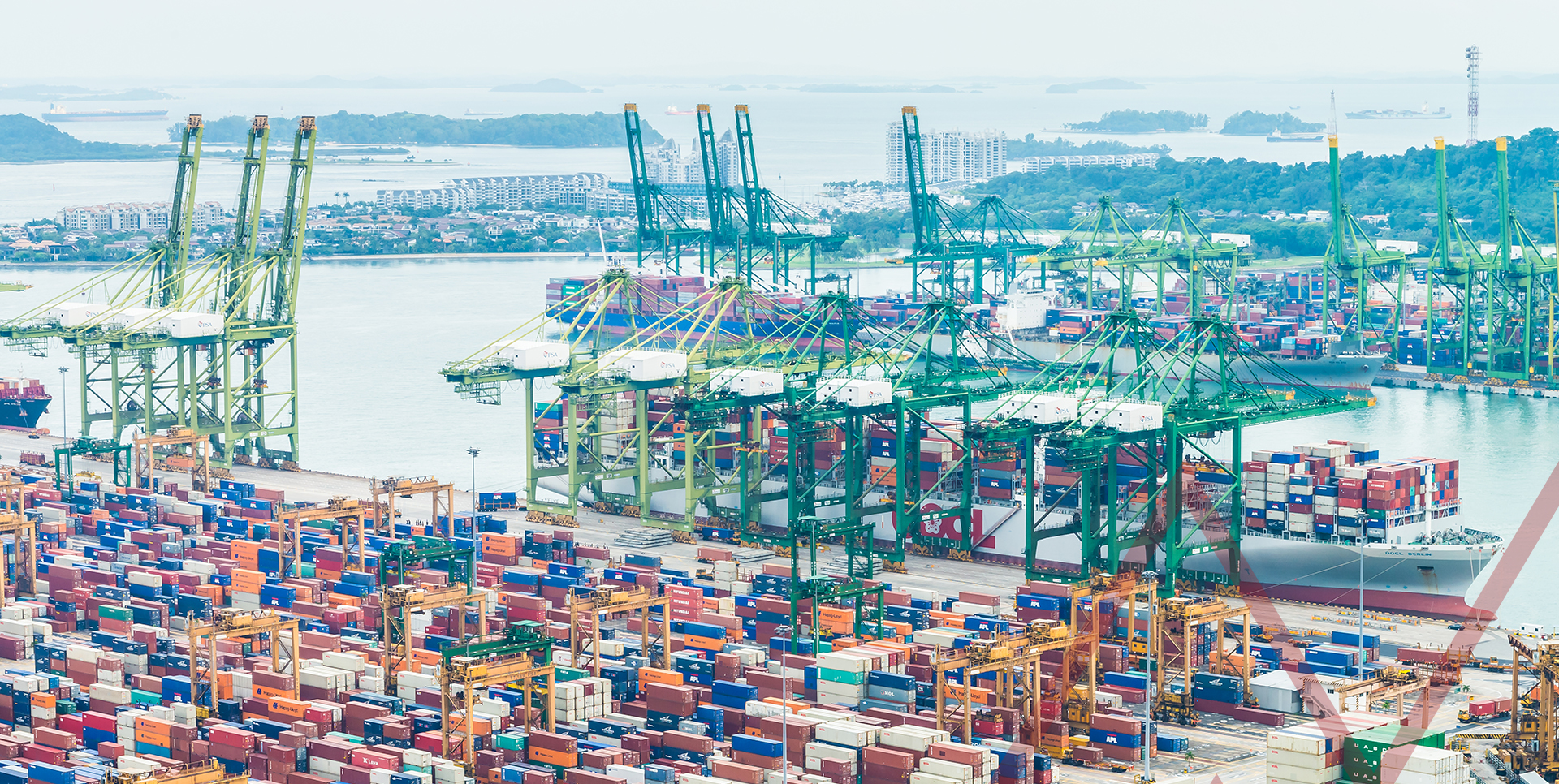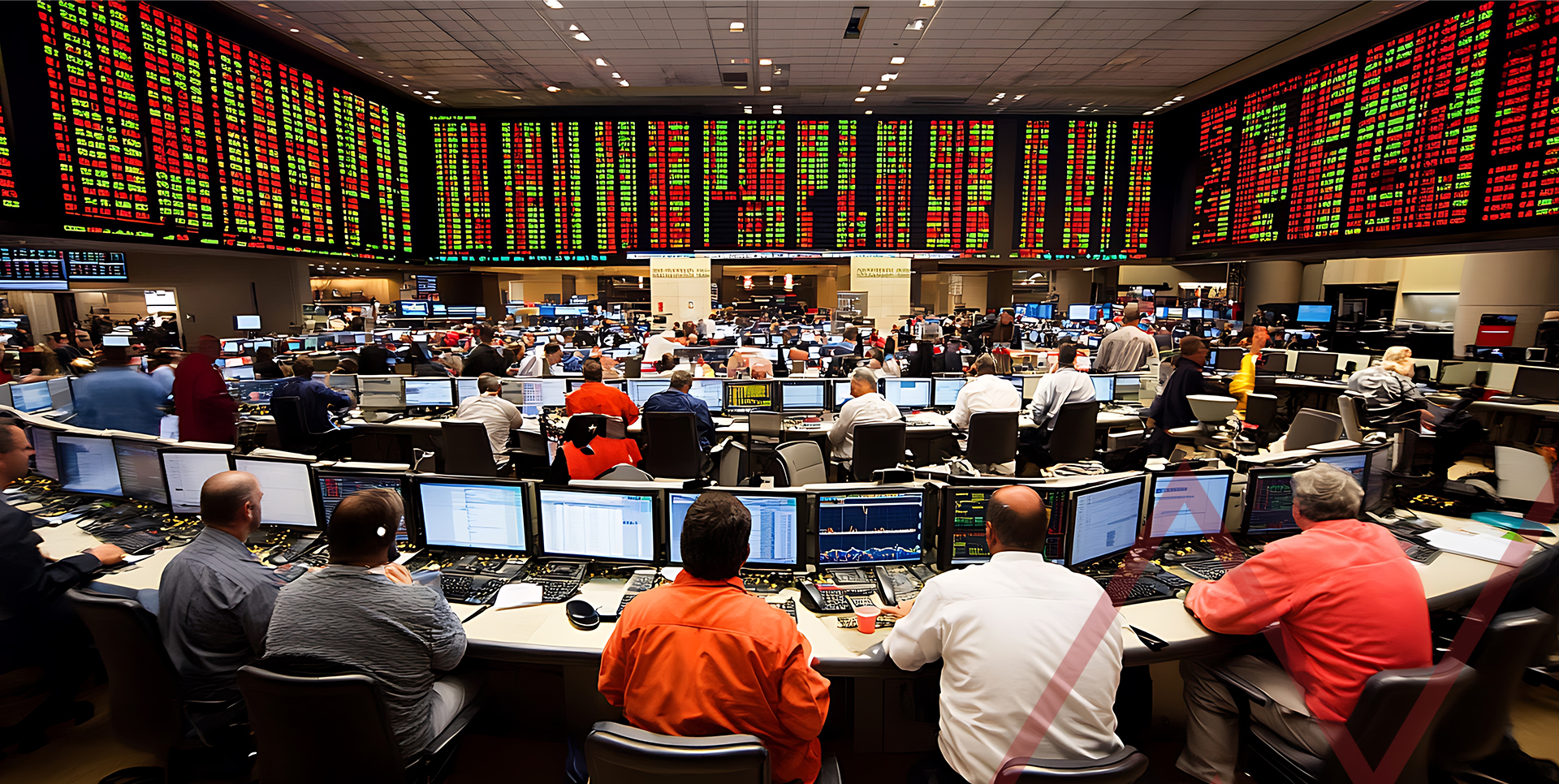How AI Enhances Ad Agencies: Creative Growth and Job Safety

As artificial intelligence (AI) continues to advance, advertising agencies are assessing the impact on jobs and industry practices. While AI is often portrayed as a tool that enhances work rather than replaces it, concerns are growing about the potential for job losses. A Forrester report predicts that by 2030, AI could eliminate 33,000 ad agency jobs in the U.S., accounting for 7.5% of the workforce. Particularly concerning is the projection that generative AI will be responsible for one-third of these job losses.
In response to these challenges, some agencies are embracing AI as a way to stay competitive. Tessa Conrad, Head of Innovation at TBWA\Asia, views AI as an enabler rather than a threat, emphasizing that the industry has weathered similar disruptions in the past. Richard Brosgill, APAC CEO at Assembly, echoes this sentiment, seeing AI as a tool that can enhance strategic value rather than replace human creativity.
However, not all industry leaders share this optimism. Laura Roberts, Managing Director of Invnt Group APAC, urges caution, highlighting the risk of losing the emotional connection in events that rely heavily on AI-generated content. She emphasizes the importance of preserving human creativity in an increasingly automated world.
The introduction of AI-powered advertising tools like Meta’s Advantage+ and Google’s AI-driven features has sparked debate about the future of ad creation. While these tools have demonstrated efficiency and profitability, concerns remain about their potential to render ad professionals redundant. Stephen Magli, CEO at AI Digital, stresses the importance of balancing AI with human insights to maintain creativity and brand success.
Despite the excitement around AI, some industry insiders believe the ad world should take cues from other creative sectors, like Hollywood, which have implemented protections against automation. The lack of pushback from the advertising industry has raised questions about whether it is adequately prepared for the challenges AI may bring.
As the industry navigates this transition, leaders like Ross Gales, Director of Design & Strategy at Pollen, advocate for governance to address issues like bias and misuse. He believes that collaboration between industry stakeholders and regulators will be crucial in shaping the future of advertising.
In the face of these changes, many remain confident that the unique combination of human creativity and AI will drive the industry forward. While automation may bring efficiencies, the need for human ingenuity and authentic connections with audiences will ensure that creativity remains at the heart of advertising.









